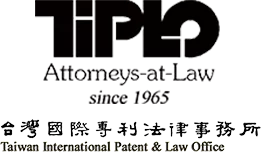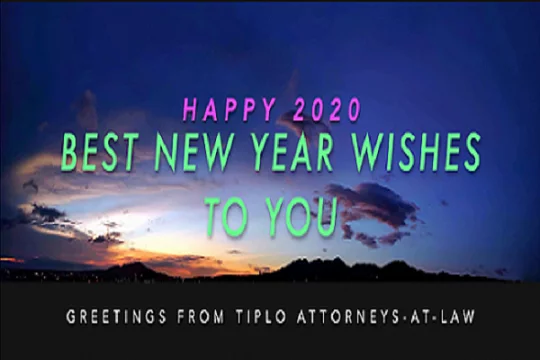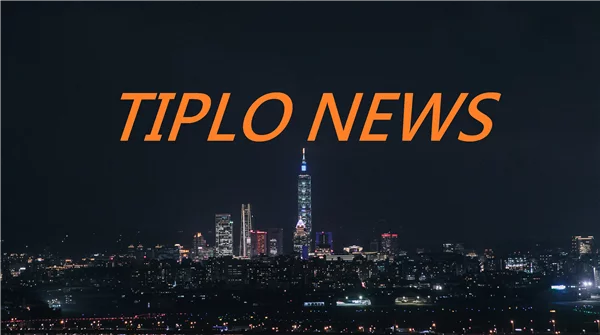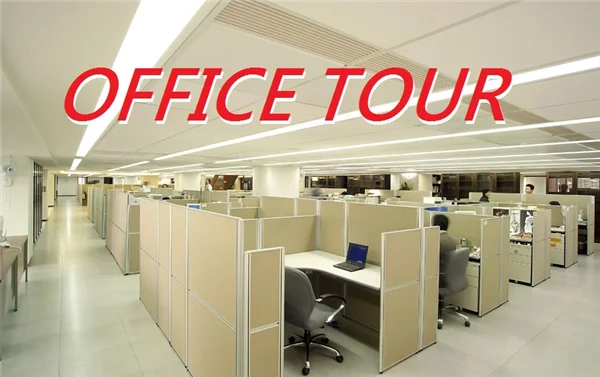New draft amendment proposed to overhaul Taiwan Copyright Act
E160114Y3・E160113Y3 Feb. 2016(E195)
According to Taiwan IPO’s press release, in view of the facts that copyrighted works are used and exploited in every way very much related to people’s daily life, and developments and applications of emerging technologies of the Internet, digital convergence, cloud technology, e-books, and IPTV (Internet Protocol Television) are constantly renewed and innovated, Taiwan Copyright Act must keep pace with those changes to reflect the current circumstances. Taiwan Copyright Act has not been substantially revised after undergoing several amendments since its revision in 1998. Integrating and harmonizing the results of researches and the comments sought from relevant agencies, business operators, and scholars and experts, the new draft amendment to be proposed this time must cater for the needs of modern society to be in response to the developments of the Internet era and digital convergence.
Taiwan IPO provides a brief summary of the causes and effects of the new draft amendment as follows:
1. Adaptation to digital convergence:
Digital convergence has blurred the boundaries of rights. In addition to traditional broadcasting on air, TV programs now can be transmitted through the Internet (such as, MOD), which has not only caused disputes over the definition of public broadcast and public transmission but also led to unfavorable circumstances to licensing and use by the industry. This draft amendment proposes to provide a clear-cut definition of public broadcast and public transmission, by which “simultaneous” transmission will be categorized into the scope of “public broadcast”, while “interactive” transmission, into “public transmission”. Besides, the draft amendment proposes to add provisions in connection with right of communication to the public to strengthen protection for the rights of copyright owners.
2. Fair use in digital era:
Distance education is the recent development thanks to technical developments. However, Taiwan Copyright Act lacks provisions applicable to the fair use of distance education to go with the emerging way of education. Therefore, the draft amendment provides relevant provisions regulating that all levels of legally established schools and teachers may deliver distance education courses to enrolled students. As to the non-profit distance education courses available to the public (such as, Massive Open Online Courses; MOOCs), remuneration should be paid to the economic right holders. In addition, with the drastic social changes, need for digital archives for culture preservation is on the rise. This draft amendment adds that National Central Library may create and maintain digital archives for the purpose of cultural heritage preservation as fair use.
3. Compulsory licensing for orphan works:
It is true that Internet technology boom leads to a rise of renewed old works. However, it is increasingly difficult to comply with the current Copyright Act that requires the authorization or consent of an original copyright owner before his or her work may be used under the circumstance where the copyright owner cannot be identified, namely orphan works. At present, the only regulation applicable to orphan works in Taiwan is Article 24 of the Law for the Development of the Cultural and Creative Industries, but the applicability of the law is limited to cultural and creative industries only. Therefore, to facilitate utilization of orphan works, Taiwan IPO proposed the draft amendment to add compulsory licensing provisions as an alternative way of orphan works use when a user intends to utilize a work and has made reasonable efforts to obtain authorization but the identity of the copyright owner is still unknown. In addition, legislation precedents from Japan are also taken as reference to ensure that orphan works can be accessed in a timely manner and to improve efficiency of the competent authority’s review; the draft amendment proposes that a user would be allowed to furnish a deposit to obtain advance access to a work during the period of the competent authority’s review.
4. Review of inappropriate criminal liabilities:
The draft amendment also proposes revisions with respect to some punishment which is disproportionate to the offense of copyright infringement, such as, the criminal liabilities for distributing original works and the minimum 6-month imprisonment.
This draft amendment proposes adjustments in response to the issues arise in the aftermath of digital era for constructing a better copyright legal regime and also for enhancing Taiwan’s cultural development and creation. Based on the third draft amendment, Taiwan IPO will be keen to harmonize opinions from all sectors to step up the amendment.
In addition, for participating into the Trans-Pacific Partnership, the Taiwan Executive Yuan has requested all relevant agencies to submit amendments to any related domestic laws and regulation as soon as possible. Therefore, Taiwan IPO has also proceeded to do research for amending provisions of Copyright Act in regard to extended term of copyright protection and protection of performers. Taiwan IPO has been scheduled to convene with the Ministry of Culture an industrial consultation meeting and a public hearing to seek communication with and present explanations to all sectors. (January 2016)
/CCS














